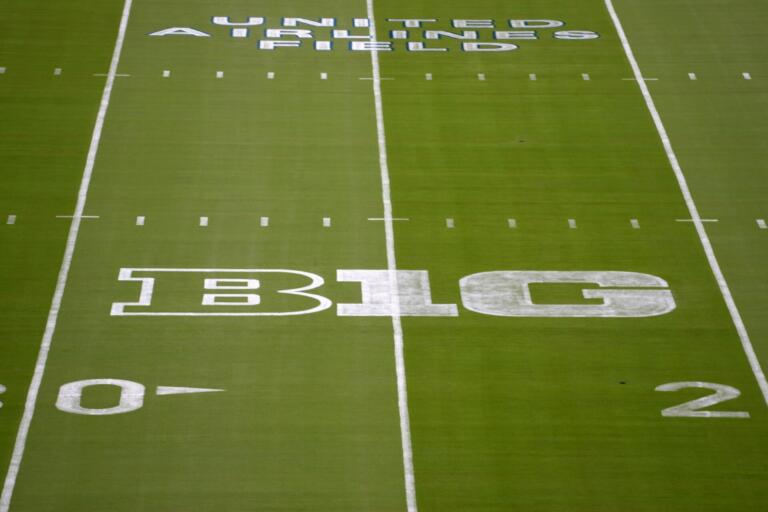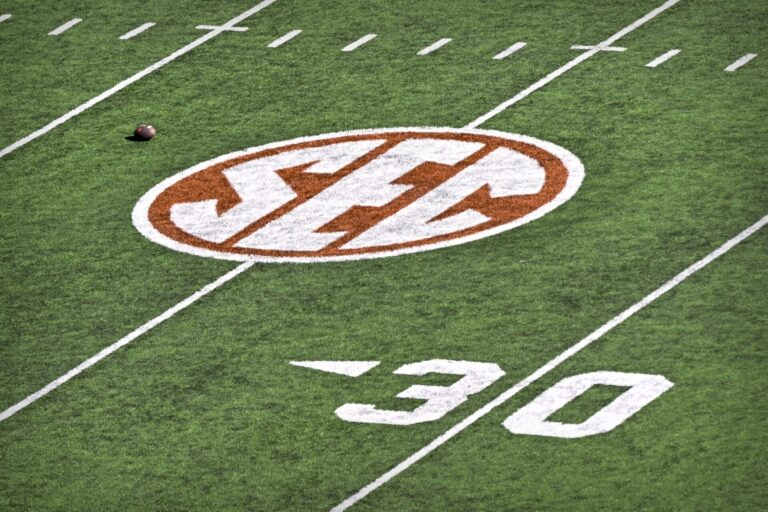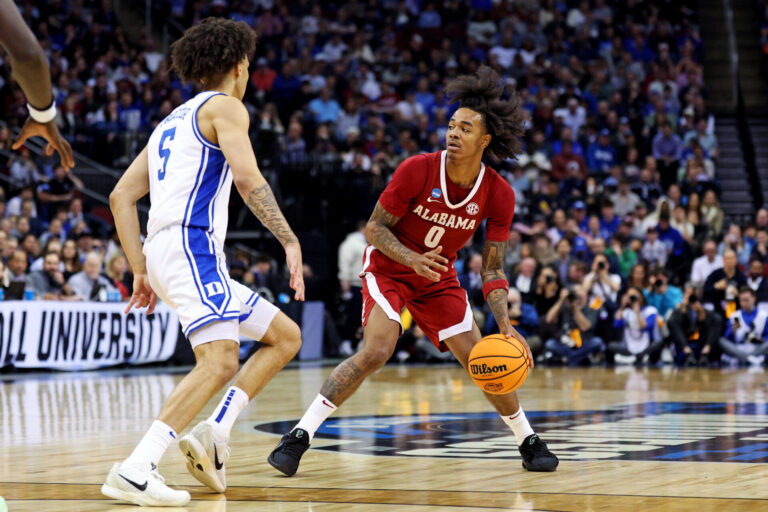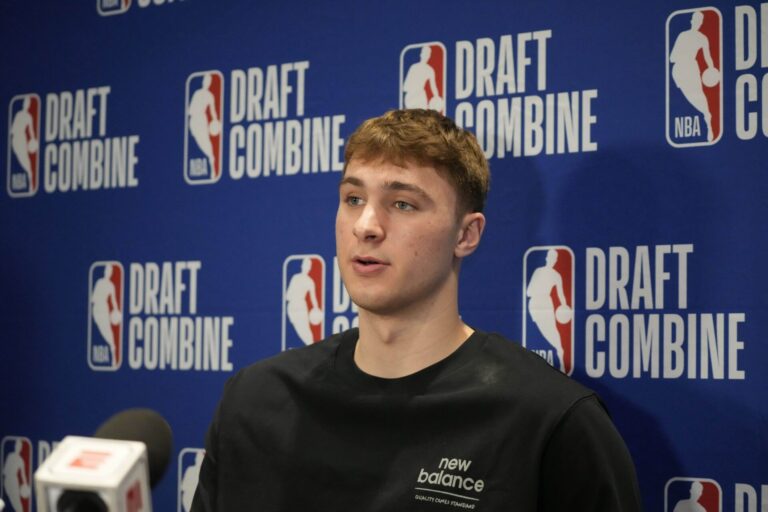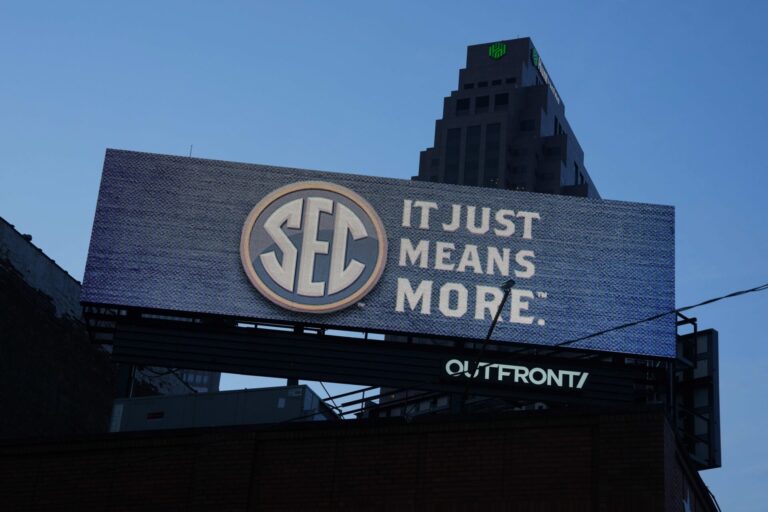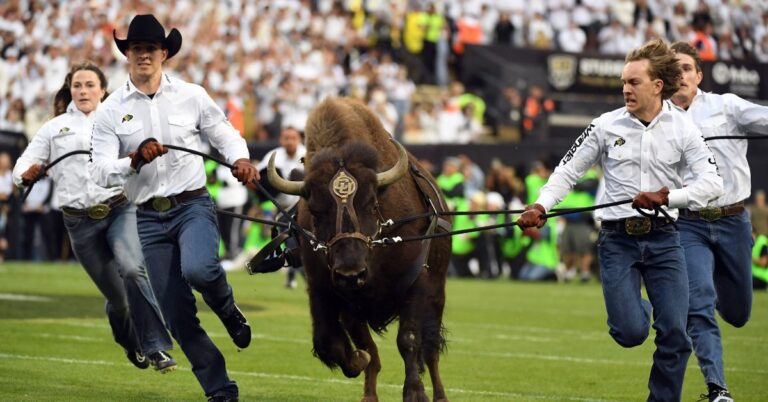Hey sports enthusiasts! Have you heard about the latest courtroom showdown between college athletes and the NCAA? Three college athletes are challenging the long-standing rule that prohibits schools from paying their athletes. It’s a clash that could change the landscape of college sports forever. Let’s dive into the details.
The Big Play: Athletes File Suit
Imagine being at the top of your game in college sports but not seeing a dime from the massive revenues you help generate. Frustrating, right? That’s exactly what Duke football player Dewayne Carter, Stanford soccer player Nya Harrison, and TCU basketball player Sedona Prince are feeling. They’ve filed a 70-page complaint in the Northern District of California federal court, a battleground where the NCAA has previously faced defeat. It’s like David taking on Goliath, but this time on the legal field.
Why Now?
You might be wondering, why this lawsuit, and why now? Well, the heart of the matter is about fairness and equity. The athletes argue that the rules stopping them from getting “pay for play” compensation are unjust, especially considering the revenues they help generate. It’s like being part of a successful business but not getting your share of the profits.
The Legal Heavyweights
Behind this lawsuit are Jeffrey Kessler and Steve Berman, attorneys who have already landed heavy blows against the NCAA in the past. Remember the Alston case that hit the Supreme Court in 2021? That victory removed restrictions on academic-related payments. It seems like these legal eagles are back in the ring for another round.
The NCAA’s Countermove
In response to these mounting pressures, NCAA president Charlie Baker recently proposed allowing NIL deals between schools and athletes. But here’s the catch – it stops short of paying athletes for their performance. It’s like offering a slice of the pie, but not the whole thing.
The Big Question: Catastrophe or Progress?
The NCAA has long argued that paying players would spell disaster for college sports, an institution they claim is academic-first. But is that really the case? Could paying athletes be the evolution college sports needs, reflecting the professional nature of modern collegiate athletics?
What’s Next?
With the House case based on NIL payments set for trial in January 2025, the outcome of this lawsuit could set a precedent. It’s a wait-and-see game, but one thing is certain – the landscape of college sports could be on the brink of a seismic shift.
In Conclusion: A Turning Point?
This lawsuit isn’t just about money; it’s about changing the very fabric of college sports. The debate about compensating college athletes has been simmering for years, and it looks like we’re heading towards a boiling point.
So, what’s your take? Should college athletes be compensated for their contributions to their sports programs? Is this lawsuit the start of a new era in college athletics? Let’s keep our eyes on this unfolding drama and see where it leads!



